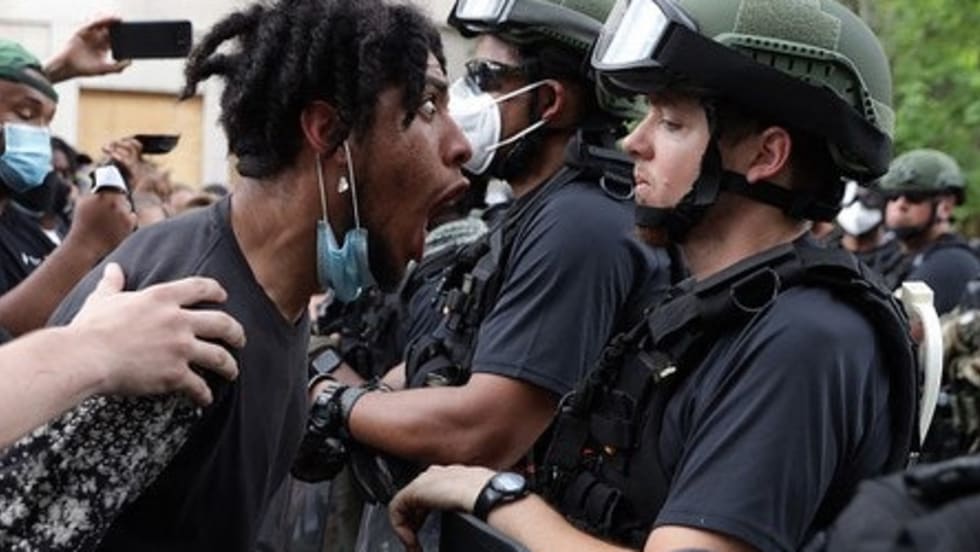President Joe Biden will hold an event at the White House hosting the family of George Floyd. Will they host the families of the officers killed in the line of duty last year? I'm guessing that's a "hard no."
Read More →
One bill requires officers to employ de-escalation tactics, use the least amount of physical force necessary and limits the use of deadly force to situations where there's an imminent threat of serious injury or death.
Read More →
The National Organization of Black Law Enforcement Executives and the Virginia Sheriffs’ Association said the bill shows a misunderstanding of stun guns and why they are used and will likely result in officers instead just going for their firearms.
Read More →
While working on the policy, law enforcement officials decided to ask legislators to amend the chokehold ban to make it clear that police can use chokeholds to defend themselves in life-and-death situations.
Read More →
Under the final legislation, New Yorkers will be allowed to possess 3 ounces of marijuana and grow up to three mature pot plants at home, with a limit of six per household.
Read More →
Under the proposed legislation, in order to receive a permanent position as a law enforcement officer, probationary police officers must have a bachelor's degree with a major or a minor in social work.
Read More →
Under the legislation, anyone who "accosts, insults, taunts, or challenges a law enforcement officer with offensive or derisive words, or by gestures or other physical contact, that would have a direct tendency to provoke a violent response" would be guilty of a misdemeanor and face up to 90 days in jail and fines.
Read More →
The proposed law makes a person guilty of disorderly conduct — a Class B misdemeanor with a penalty of up to 90 days' imprisonment — if he or she "accosts, insults, taunts, or challenges a law enforcement officer with offensive or derisive words, or by gestures or other physical contact, that would have a direct tendency to provoke a violent response.
Read More →
The bill passed by a 220-212 vote. Texas Rep. Lance Gooden was the lone Republican to vote in favor of the bill, while two Democrats voted against it. Gooden said later he pressed the wrong button.
Read More →
The proposal would ban cities and counties from cutting spending on police departments by more than 5% in a year, unless they experience revenue loss.
Read More →